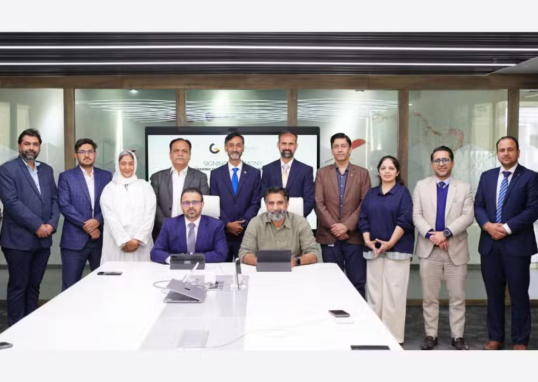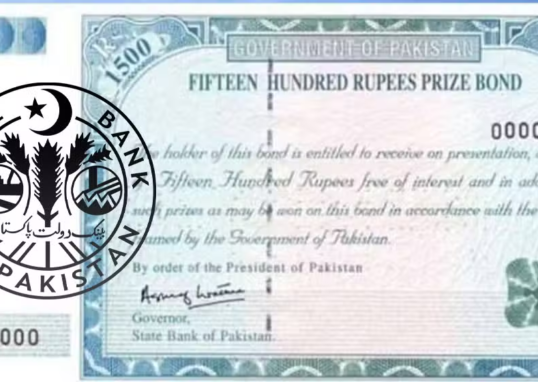

Three U.S.-based scientists — John Clarke, Michel Devoret, and John Martinis — have been awarded the 2025 Nobel Prize in Physics for their groundbreaking experiments that revealed quantum physics in real-world action, a discovery that has opened new frontiers for next-generation digital and computing technologies.
The Royal Swedish Academy of Sciences recognized the trio for their revolutionary research that demonstrated how quantum mechanical principles can influence everyday physical systems, bridging the gap between abstract theory and practical innovation.
Speaking to the Nobel press conference by phone, John Clarke expressed astonishment at the honor, saying, “My feelings are that I’m completely stunned. It had never occurred to me that this could form the basis of a Nobel Prize. I’m talking to you on a cell phone, and one of the reasons it works is because of this work.”
Quantum mechanics, long regarded as one of the most complex and counterintuitive branches of physics, deals with the behaviors of atoms and subatomic particles. While its principles have been known for over a century, their application to real-world technologies continues to surprise even the most experienced physicists.
The laureates’ pioneering experiments, conducted in the mid-1980s, involved superconducting electronic circuits that demonstrated quantum effects in macroscopic objects. These findings confirmed that quantum laws could extend beyond the atomic scale, challenging previous assumptions about the boundaries between classical and quantum physics.
“It is remarkable that quantum mechanics, a century-old theory, continues to yield new surprises and remain foundational to modern technology,” said Olle Eriksson, chair of the Nobel Committee for Physics.
Quantum theory underpins much of today’s digital technology, including microchips and transistors, which form the core of computing devices. The Nobel Committee highlighted that this year’s recognition is instrumental in advancing quantum cryptography, quantum computing, and quantum sensing — technologies that could redefine cybersecurity, computation, and precision measurement.
Quantum computing, in particular, harnesses the principles of quantum superposition and entanglement to perform calculations far beyond the capabilities of classical computers. It holds immense promise for solving complex challenges, such as modeling climate systems, optimizing energy networks, and developing advanced materials.
However, researchers acknowledge that significant hurdles remain, particularly in improving quantum chip stability and reducing computational errors. While commercial-scale quantum computers are still years away, the Nobel-winning work by Clarke, Devoret, and Martinis has accelerated the world’s progress toward that goal.
As Eriksson noted, “Quantum mechanics is not just a scientific milestone; it’s the foundation of every digital leap we have made and continue to make.” The 2025 Nobel Prize in Physics honors that legacy — and the scientists who continue to transform it into reality.






